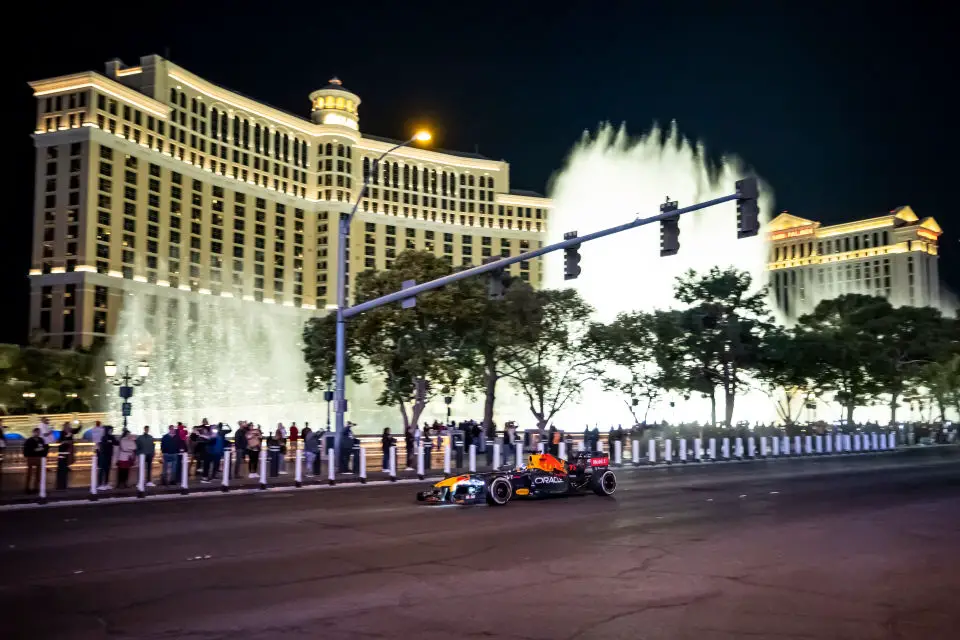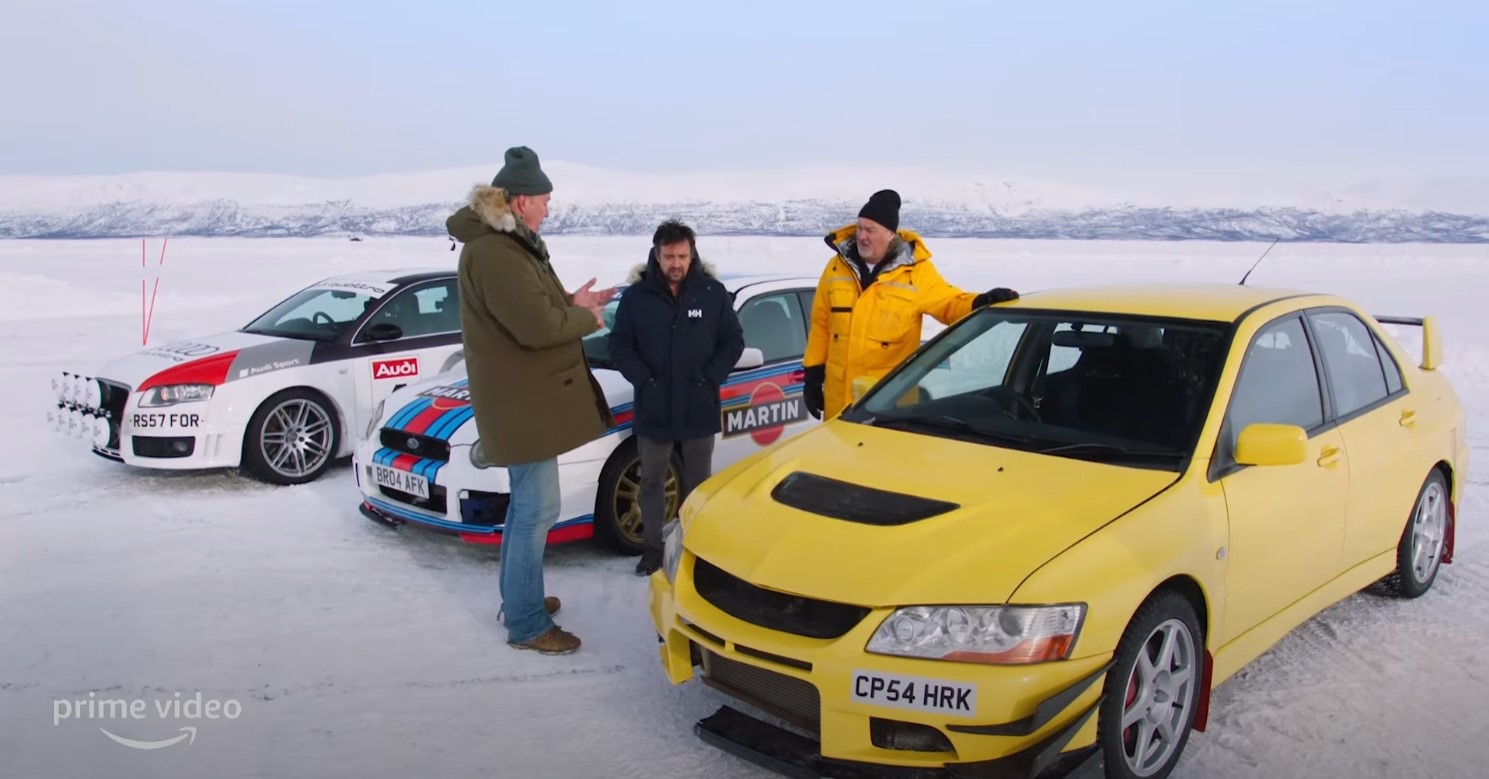Pirelli Tackles New Challenges with Softest Tires at 2023 Las Vegas and Abu Dhabi F1 Races
Pirelli, the sole tire supplier for Formula 1, has made a bold decision for the Las Vegas and Abu Dhabi Grands Prix by opting for its softest tire compounds. This unprecedented choice brings both excitement and uncertainty, particularly for the Las Vegas race, which marks F1’s return to the city after a long hiatus.
Key Takeaways:
- Pirelli’s Selection: For the upcoming Las Vegas and Abu Dhabi Grands Prix, Pirelli has chosen its softest tire compounds – C3, C4, and C5. This decision is significant, considering the varying track conditions and the fact that Formula 1 is returning to Las Vegas for the first time since 1982.
- Challenges in Las Vegas: The Las Vegas Grand Prix presents unique challenges due to the lack of historical data and the potential for near-freezing temperatures at night. These factors contribute to the uncertainty surrounding tire performance and strategy.
- Pirelli’s Response: Mario Isola, head of Pirelli F1, acknowledges the unknown factors in Las Vegas, including the track layout and asphalt behavior. He emphasizes the need to maintain tire temperature and grip in challenging conditions, accepting teams’ complaints as part of addressing these new challenges.

Pirelli, the esteemed tire supplier for Formula 1, is gearing up for an intriguing end to the 2023 season with a strategic but risky move. For the highly anticipated Las Vegas and Abu Dhabi Grands Prix, the Italian manufacturer has chosen its softest compounds: C3, C4, and C5, from its range of six tire options.
This decision is particularly noteworthy for the Las Vegas race. Not only is Formula 1 racing in the city for the first time since 1982, but the event will also take place on a completely different track layout. This lack of historical data and prior experience poses a significant challenge for the teams and Pirelli alike, as they have no previous references to base their strategies and setups on.
Moreover, the Las Vegas Grand Prix is set to occur after sunset, leading to concerns about the potential for near-freezing temperatures. These conditions are unusual for Formula 1 races and could significantly impact tire performance. Pirelli’s head, Mario Isola, has openly discussed these challenges. In a statement to the media, he expressed his concerns: “Las Vegas is a step into the unknown, for everyone I think. Las Vegas will be cold, it’s a street circuit. That’s why we worked with the teams and asked them in advance for simulations to try to understand how much energy the layout of the track puts on the tires.”
Isola further elaborated on the complexities involved: “We got information from the companies that make the asphalt to understand how the asphalt works. But there are still a lot of question marks at Las Vegas.” He also touched upon the difficulties of maintaining tire temperatures, adding, “It could be a challenge to keep the temperature in the tire. So we decided to promote grip by using the three softest compounds in the pool.”
Pirelli’s approach to these races signifies a blend of strategic foresight and adaptability. By opting for the softer compounds, Pirelli aims to counteract the low temperatures and potential lack of grip on the Las Vegas street circuit. Isola’s candid admission that teams will likely complain underscores the experimental nature of this decision.
As the Formula 1 community eagerly anticipates these upcoming races, Pirelli’s choices add an extra layer of excitement and unpredictability. The company’s willingness to tackle these challenges head-on exemplifies its commitment to innovation and its pivotal role in shaping race strategies. This daring move by Pirelli could very well redefine tire strategies in the sport, making the Las Vegas and Abu Dhabi Grands Prix events to watch in the 2023 F1 calendar.


